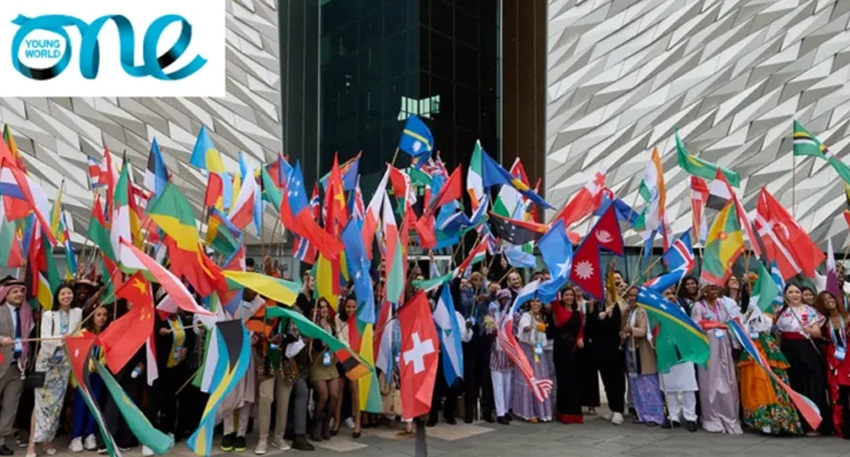
Reuters reported that the outage affected thousands of users, the company said.
"Issues with ChatGPT have now been resolved," OpenAI said in a statement on its website.
Access was restored to most users, OpenAI said, adding that a small number of customers faced issues.
OpenAI CEO Sam Altman posted on X that ChatGPT had been down for 30 minutes, adding a frown emoji and saying, "We are much, much better at reliability than we used to be, but clearly more work in front of us."
Outage tracking website Downdetector.com said ChatGPT s services were down for about half an hour, affecting over 19,403 users.
Since the launch of ChatGPT in November 2022, it has attracted 250 million weekly active users. OpenAI s valuation has jumped to $157 billion from $14 billion in 2021 as revenues climbed to $3.6 billion from zero, far exceeding Altman s projections at the time.




